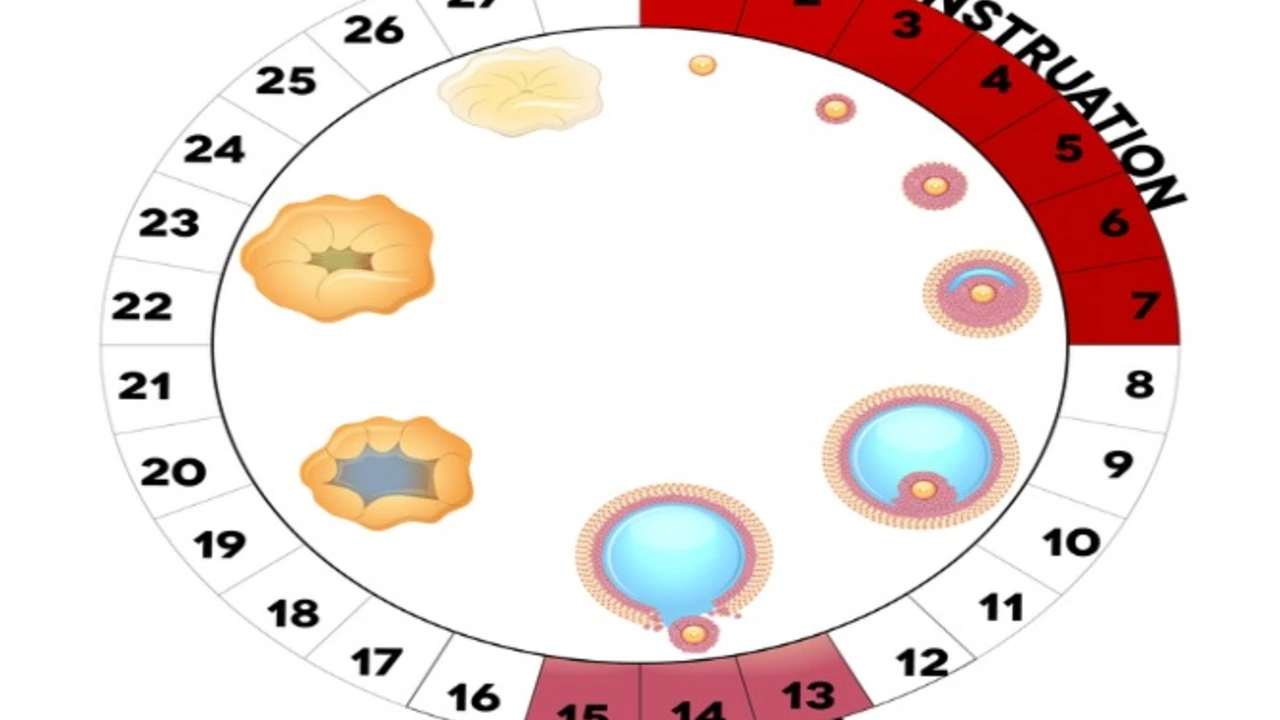Understanding Ovulation After Stopping Birth Control
As a woman, it's essential to understand how our bodies work, especially when it comes to ovulation and fertility. If you've recently stopped taking birth control, you might be wondering what to expect when it comes to ovulation. In this article, we'll explore the various aspects of ovulation after stopping birth control, including the changes you might experience, how long it takes to return to your regular cycle, and tips for tracking ovulation. So, let's dive in and learn more about this significant transition.
Why Birth Control Affects Ovulation
Before we dive into the specifics of ovulation after stopping birth control, it's essential to understand why birth control affects ovulation in the first place. Birth control methods such as hormonal pills, patches, and intrauterine devices (IUDs) work by preventing ovulation. They do this by releasing hormones that suppress the release of an egg from the ovary. This means that while you're on birth control, your body isn't going through the regular process of ovulation. When you stop taking birth control, your body needs time to adjust and return to its natural ovulation cycle.
How Long Does It Take for Ovulation to Resume?
One of the most common questions women have after stopping birth control is how long it will take for ovulation to return. The answer to this question varies depending on the individual and the type of birth control used. Generally, it takes a few weeks to a few months for ovulation to resume after stopping hormonal birth control. For some women, ovulation may return as soon as two weeks after stopping the pill, while for others, it might take a few months. It's important to remember that every woman's body is different, so your experience may be different from someone else's.
Changes in Menstrual Cycle After Stopping Birth Control
When you stop taking birth control, it's normal to experience changes in your menstrual cycle. These changes can include irregular periods, heavier bleeding, or increased cramping. This is because your body is adjusting to the absence of the hormones provided by birth control. During this time, it's essential to be patient and give your body the time it needs to return to its natural cycle. Over time, these changes should subside, and your menstrual cycle should become more regular.
Tracking Ovulation After Stopping Birth Control
If you're trying to conceive after stopping birth control, it's essential to track your ovulation to increase your chances of getting pregnant. There are several methods you can use to track ovulation, including:
Basal Body Temperature (BBT) Tracking
Monitoring your basal body temperature (BBT) involves taking your temperature every morning before getting out of bed. A slight increase in BBT can indicate ovulation has occurred. By tracking your BBT over time, you can identify patterns and predict when ovulation is likely to happen in future cycles.
Ovulation Predictor Kits (OPKs)
Ovulation predictor kits (OPKs) are at-home tests that detect the surge of luteinizing hormone (LH) in your urine. This hormone surge typically happens about 24 to 36 hours before ovulation, so using OPKs can help you determine the best time to conceive.
Common Misconceptions About Ovulation After Stopping Birth Control
There are several misconceptions about ovulation after stopping birth control that can cause confusion and anxiety. Some of the most common misconceptions include:
You Can't Get Pregnant Immediately After Stopping Birth Control
While it's true that it might take some time for your body to return to its natural ovulation cycle, it's possible to get pregnant soon after stopping birth control. If you're not ready to conceive, it's essential to use another form of contraception immediately after stopping hormonal birth control.
Stopping Birth Control Causes Infertility
There is no evidence to suggest that using birth control causes infertility. Most women will return to their natural fertility levels within a few months of stopping birth control. However, if you're concerned about your fertility, it's essential to speak with a healthcare professional.
Tips for a Healthy Transition
When you stop taking birth control, it's essential to give your body the support it needs to return to its natural ovulation cycle. Here are some tips for a healthy transition:
- Maintain a balanced diet rich in fruits, vegetables, lean proteins, and whole grains
- Exercise regularly to promote overall health and well-being
- Practice stress management techniques, such as meditation or deep breathing exercises
- Get plenty of sleep to support your body's natural recovery processes
- Stay hydrated by drinking plenty of water throughout the day
When to See a Doctor
If you're concerned about your fertility or experiencing severe changes in your menstrual cycle after stopping birth control, it's essential to consult with a healthcare professional. They can provide guidance on what to expect during this transition and help determine if there are any underlying issues that need to be addressed. It's important to remember that every woman's body is different, and your healthcare provider can offer personalized advice based on your unique circumstances.
In conclusion, understanding ovulation after stopping birth control is essential for women as they navigate this significant life change. By being informed about what to expect and taking steps to support a healthy transition, you can feel confident in your journey towards natural ovulation and fertility.

